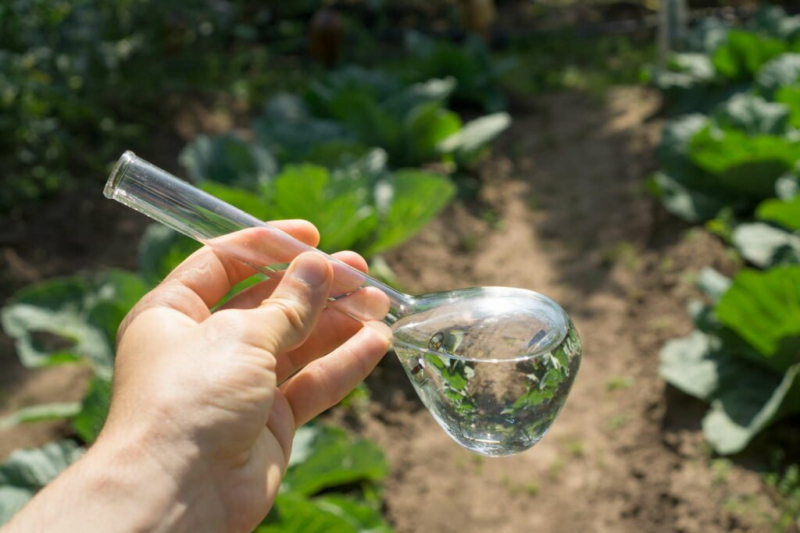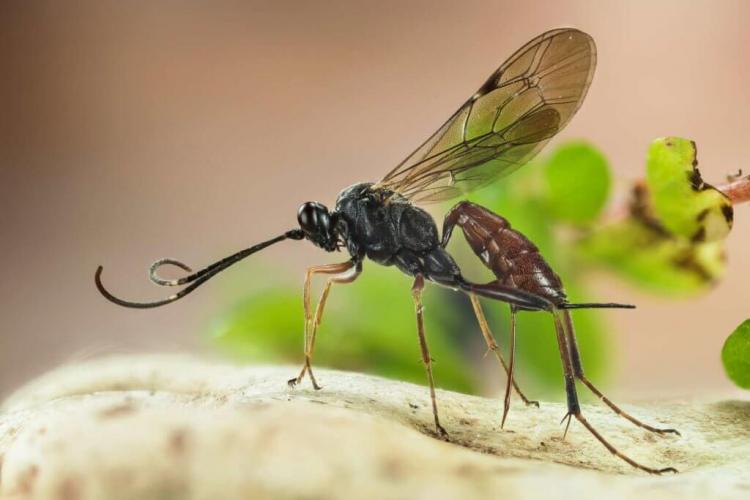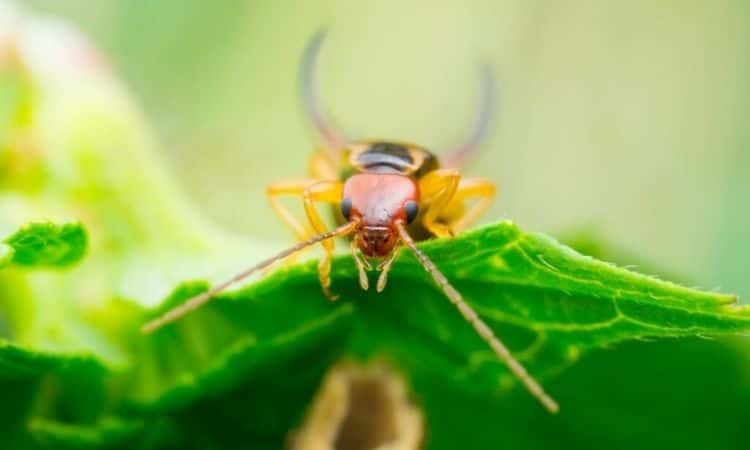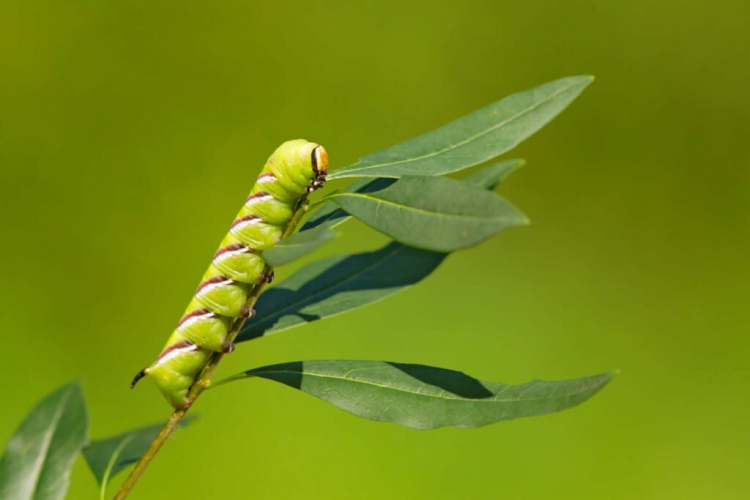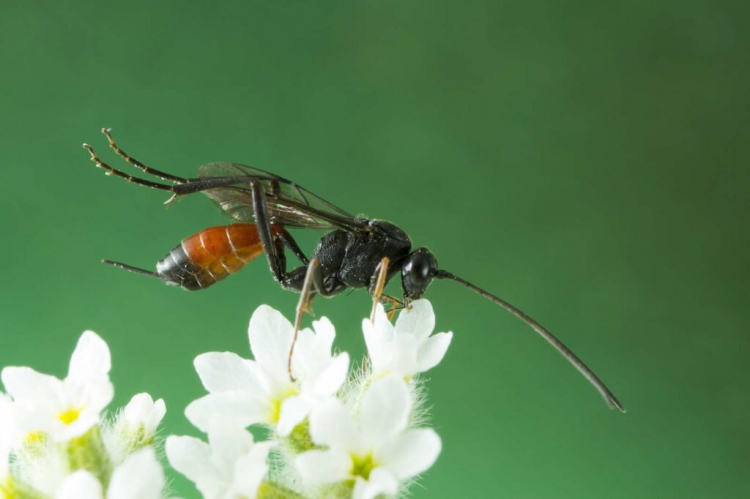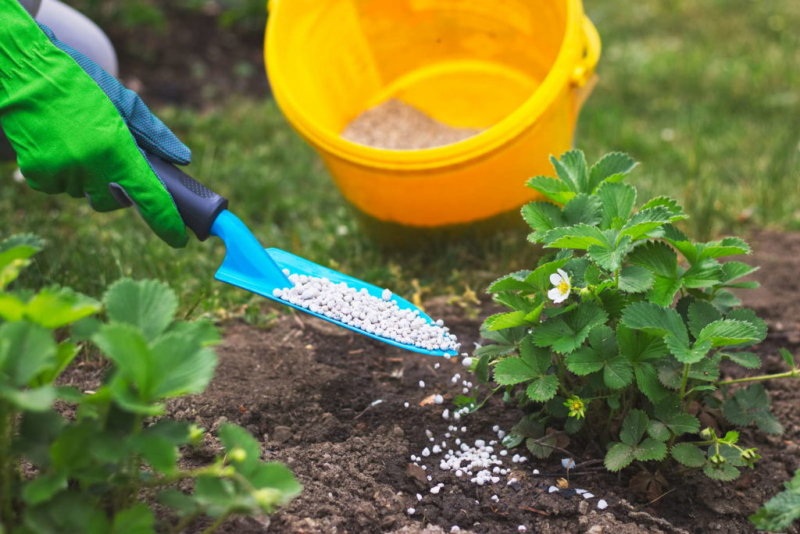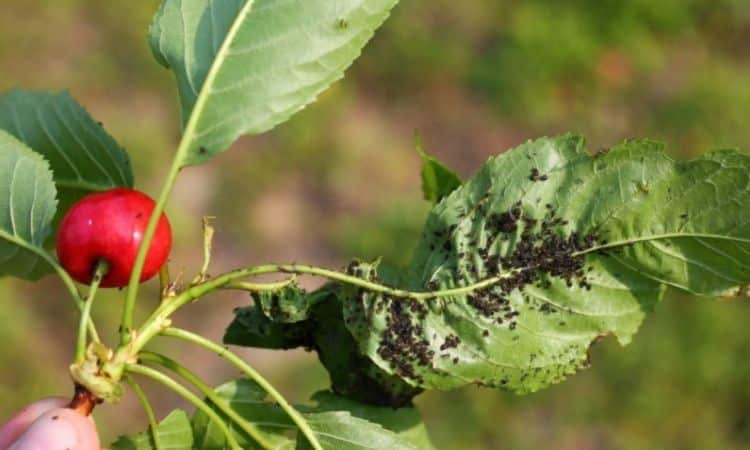Toxic Heavy Metals In The Garden From Fertilizers?
Heavy metals can accumulate in private gardens in particular. We explain here whether this is dangerous & how you don’t get a problem with heavy metals.
Many people know that food sources such as fish are increasingly contaminated with toxic heavy metals such as mercury. But we can also absorb heavy metals that are hazardous to health through vegetable food, as plants absorb these substances through the soil and roots. In particular, the home garden can lead to increased heavy metal values in your own harvest with incorrect fertilization in connection with unfavorable soil. You shouldn’t panic about it: There are simple and uncomplicated solutions, whereby the problematic heavy metals hardly ever get into the soil or are absorbed by the plants – you can find out more here.
What are heavy metals and why are they toxic to us?
Table of Contents
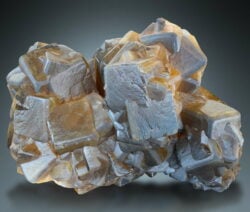 When we hear of the term heavy metal, we usually think of a poisonous metal that should not get into our body. This prevailing opinion is only half the story. Because the group of heavy metals also includes essential minerals such as copper, manganese, and zinc. Often these minerals are also referred to as trace elements. As the name suggests, humans only need very small amounts of these substances so that everything functions smoothly in our bodies. Higher amounts, on the other hand, can have negative effects and cause illness.
When we hear of the term heavy metal, we usually think of a poisonous metal that should not get into our body. This prevailing opinion is only half the story. Because the group of heavy metals also includes essential minerals such as copper, manganese, and zinc. Often these minerals are also referred to as trace elements. As the name suggests, humans only need very small amounts of these substances so that everything functions smoothly in our bodies. Higher amounts, on the other hand, can have negative effects and cause illness.
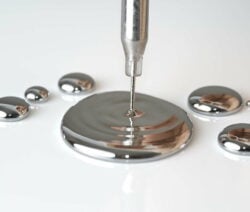 In addition to the vital heavy metals, there are also heavy metals such as lead, cadmium, chromium, and mercury, which really have no place in our body. Depending on the heavy metal, even the smallest amounts are enough to cause symptoms of poisoning. For example, cadmium poisoning can lead to impaired kidney function and the increased intake of lead can make a person literally stupid. For example, increased lead intake in childhood causes damage to the brain, which manifests itself in a lower IQ and poor concentration. Heavy metals are also problematic because they accumulate in the body and are only excreted very slowly. A long-term increase in heavy metal intake can therefore only lead to problems such as liver and kidney damage after years.
In addition to the vital heavy metals, there are also heavy metals such as lead, cadmium, chromium, and mercury, which really have no place in our body. Depending on the heavy metal, even the smallest amounts are enough to cause symptoms of poisoning. For example, cadmium poisoning can lead to impaired kidney function and the increased intake of lead can make a person literally stupid. For example, increased lead intake in childhood causes damage to the brain, which manifests itself in a lower IQ and poor concentration. Heavy metals are also problematic because they accumulate in the body and are only excreted very slowly. A long-term increase in heavy metal intake can therefore only lead to problems such as liver and kidney damage after years.
What kind of fertilizer do the heavy metals use to get into the garden?
After reading the above heading, every hobby gardener will probably ask himself how heavy metals can get into our fertilizer and thus into our food chain. To do this, you have to know that mineral fertilizer components such as phosphate are naturally contaminated with heavy metals. In the case of phosphate, it is primarily the heavy metal cadmium. Unfortunately, nowadays there are almost exclusively phosphate deposits with increased cadmium content because the cadmium-poor mines are almost completely exhausted. So if you regularly fertilize with mineral fertilizers, which have a high phosphate content, you can enrich the soil with heavy metals in the long term. Interestingly, private gardens, which are often fertilized with a complete fertilizer such as blue grain, are much more heavily contaminated with heavy metals than the now-discredited fields of a commercial farmer. Because a farmer only fertilizes as much as the plants really need and absorb – if only for economic reasons.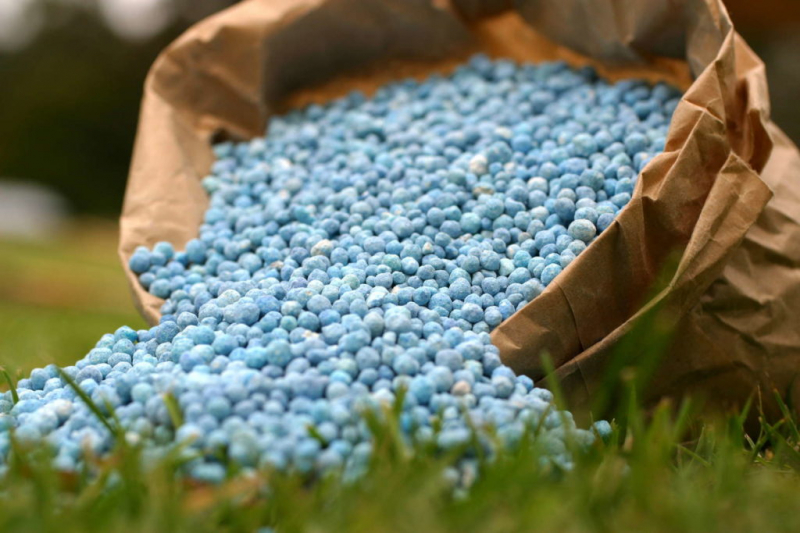
Gardens, which are often fertilized with a complete fertilizer such as blue grain, are much more heavily contaminated with heavy metals
But part of the whole truth is that heavy metals cannot only be found in mineral fertilizers. Compost can also have high levels of heavy metals. The decisive factor here is which raw materials the compost was made from. Before you completely lose the pleasure of gardening in your own garden, let me say: Heavy metals actually occur everywhere, and even without fertilization, small amounts of heavy metals can be detected in your garden soil. At this point, a quote from Paracelsus fits very well: “All things are poison and nothing is without poison; the dose alone makes sure that a thing is not poison. ”
Which soils are particularly at risk from heavy metals?
Just because heavy metals get into the soil does not mean that the plants have to take them up. This is because floors have a so-called buffer capacity. In a somewhat simplified way, the buffer capacity ensures that the soil can bind certain substances and that they cannot be absorbed by plants, for example. The level of buffer capacity depends on the composition of the soil. The following components and properties in the soil have a positive effect on the binding of heavy metals:
- High content of clay
- Humus is also able to bind heavy metals
- The pH value in the soil should not be below 6
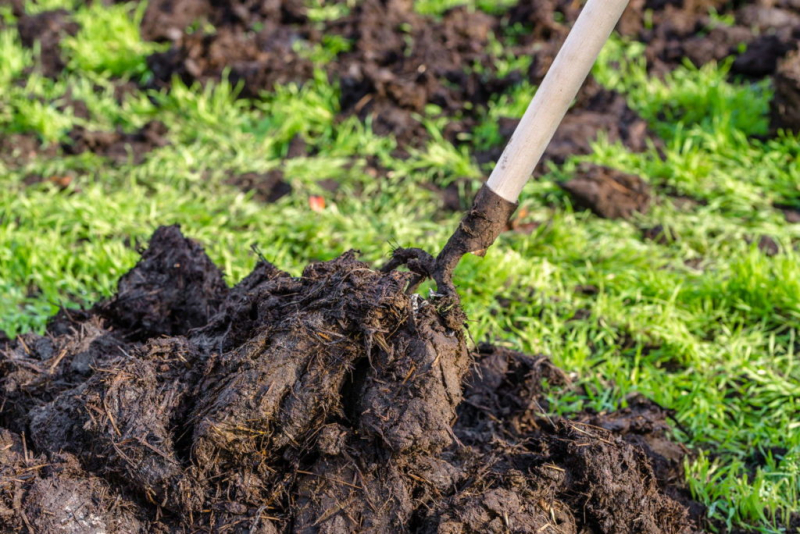
Humus is able to bind heavy metals
In summary, it can be said that heavy, hummus and clayey soil is able to bind many heavy metals. If the soil is sandy, the heavy metals are increasingly absorbed by the plants and washed out into the groundwater. But even heavy soil can only bind the heavy metals effectively if the pH value is not too acidic.
How can I reduce heavy metals in my crop?
Reduce heavy metal input through the choice of fertilizer
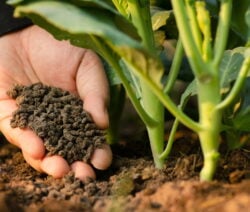
At this point, it would be wrong to demonize mineral fertilizers per se. However, there are some problems with mineral fertilizers that organic fertilizers do not. The total nutrient content of mineral fertilizers is quite high, and the phosphate concentration, in particular, is often far too high for long-term fertilization. Because most plants only need a little phosphate. In addition, the slowly progressing weathering in the garden soil releases phosphate in a completely natural way. In principle, soil components, which are mostly minerals, are slowly broken down by external influences such as rain. In addition to phosphate, other plant nutrients such as iron are also released during the shredding process. So there is a natural, albeit light, phosphate fertilization in our beds that should not be forgotten.
Unfortunately, the amount of the fertilizer declaration is often given a higher value for the application than is actually necessary – just to ensure that fertilizer can be bought again quickly. In addition, we usually know far too little about our soil and its composition. So it remains a mystery to us how much fertilizer is really needed where. However, we want to garden sustainably and increase the soil organisms instead of the soil input with heavy metals.
With the tips listed below, you can significantly reduce the heavy metal input in your beds in a very practical way:
- The principle “a lot helps a lot” definitely does not apply to fertilizers
- Biological fertilization is always advantageous due to the natural nutrient ratio
- In the case of acute nutrient deficiency, fertilizers with only one nutrient can be purchased (e.g. nitrogen)
- Deal with the nutritional needs of the plants you are growing and then only fertilize what the plant really needs
Reduce heavy metal pollution through tillage
So that heavy metals remain stored in the soil and do not get into our plants and thus into our food, we have two tips for you: The most important measure is to control the pH value. Because even a heavy soil with a lot of clay and humus cannot absorb large amounts of heavy metals if the pH value is acidic or even very acidic. If it turns out that the soil is too acidic, it should be limed. This increases the pH again. In addition, the soil can be enriched with hummus in the long term. By working in humus, more heavy metals are bound and, by the way, you are also doing something good for your plants.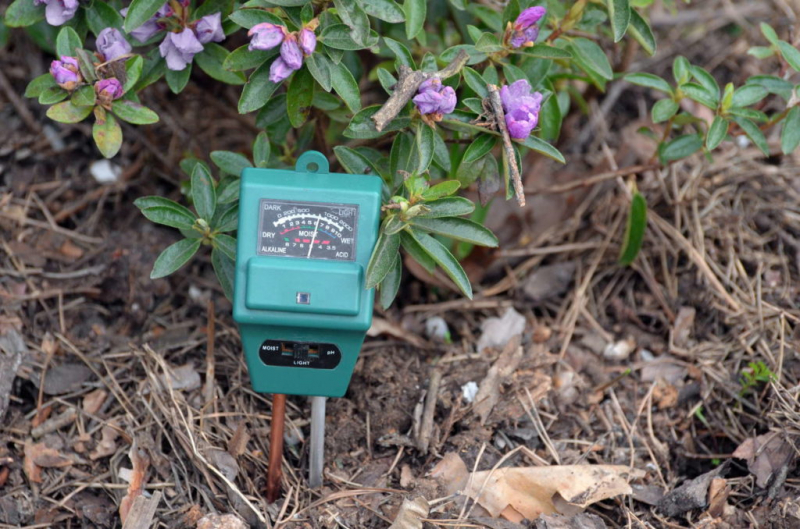
In summary, it can be said that the problem of heavy metal is likely to gain in importance in the next few decades. Even if the pollution in the USA is very low compared to that of developing countries, for example, a rethinking of fertilizers is relevant. After all, who would want the soil in their own garden, where so much love and effort is grown, to be polluted with heavy metals?
